Who Keeps The House In A Massachusetts Divorce?

Going through a divorce can be a challenging experience, often raising questions about property allocation, asset distribution, and responsibility for debts. One of the primary concerns is the fate of the family home. The outcome regarding the family house in a Massachusetts divorce can vary, depending on whether the couple reaches an agreement or the court makes the decision due to a lack of consensus.
It is advisable to work with an experienced divorce attorney to navigate this complex issue. The court considers various factors to determine who should be awarded the house, and temporary orders may address residency during the divorce proceedings. Massachusetts law treats all property owned by the spouses as subject to distribution in divorce, without distinction between marital and separate property. If the couple cannot agree on the house's fate, the judge will decide based on the specific circumstances of the case.
The division of real estate in a divorce often involves using a quitclaim deed to remove an ex-spouse from the property's title. However, this does not release them from the mortgage, which can have significant financial implications. It's essential to address these matters carefully, especially if the mortgage is in one spouse's name only.
In Massachusetts, only marital property is subject to division, and this includes assets acquired by either spouse during the marriage. The court may order a spouse to vacate the home, and various options exist for addressing the family house, such as selling it or allowing one spouse to remain in exchange for other assets.
The equitable distribution of property in a Massachusetts divorce is a complex process that requires careful consideration of various factors. The definition of "marital property" is broad and encompasses assets owned individually by both parties, as well as those acquired before the marriage. Given the nuanced nature of property division, seeking the guidance of a skilled and experienced Massachusetts divorce attorney is crucial to ensure a fair outcome.
Settling the Ownership of the House in a Massachusetts Divorce
The most effective approach to determining home ownership in a Massachusetts divorce is for the divorcing couple to reach a mutual agreement. If the house was acquired during the marriage, the equity is typically divided equally. However, if the home was purchased before the marriage or with funds obtained prior to the marriage, different arguments may impact the distribution. If the couple cannot agree, the court will decide, potentially leading to an outcome that satisfies neither party.
"Only property that is kept entirely separate and not commingled with the marriage may be excluded from the division."
Negotiating with an experienced divorce attorney can help mitigate emotional barriers and facilitate a fair resolution. The three typical options for handling the house are for one spouse to buy out the other's interest, or for the house to be sold and the proceeds divided after expenses. Massachusetts law considers all property owned by the spouses as subject to distribution in divorce, without distinguishing between marital and separate property. Seeking legal guidance is crucial to navigate the complexities of property division and ensure a favorable outcome.
Factors Influencing the Court's Decision on Home Allocation in a Divorce
Determining who will be granted the house in a Massachusetts divorce when the decision rests with the courts can be challenging. There is no assurance that either party will be awarded the house. Instead, it is advisable to consider the factors influencing the court's decision to gauge the probable outcome. However, this approach still allows for considerable debate.
Several factors influence the court's determination of house allocation in a Massachusetts divorce, including:
1. Duration of the marriage
2. Timing of house acquisition, whether pre or post-marriage
3. Age and health status of each party
4. Occupational status and income levels of each party
5. Contribution of each party to the purchase, maintenance, and renovation of the house
6. Impact on any children from the marriage and how retaining or relinquishing the house would affect them
A crucial factor is whether either party has the financial means to buy out the other's equity in the house. If one spouse wishes to retain the house but lacks the ability to refinance it promptly to remove the other spouse's name from the mortgage, the likelihood of retaining the house diminishes, regardless of desire.
“One of the primary considerations is whether either party has the financial capability to purchase the other party's share of the home's equity.“

The factors mentioned are carefully considered to determine the most appropriate approach for dividing all marital property, including the house. However, if the parties are unable to reach a decision, the courts will ultimately assess each factor and consider the broader context to make a ruling. Nonetheless, relinquishing this decision to the courts means forfeiting control over the outcome. Therefore, it is generally preferable to strive for a mutual agreement rather than ceding authority to the courts.
In addition to determining home ownership, assessing the fair market value of the marital home and how the equity should be divided based on this valuation is equally, if not more, crucial. A comprehensive evaluation of the parties' overall financial situation should be conducted to explore potential alternative assets that would allow one party to retain the home and its equity, while the other receives a different form of value, such as a retirement account or pension, without division.
There are numerous options for dividing home equity, making it essential to engage a creative divorce attorney who can tailor solutions to specific preferences and needs.
Understanding Temporary Orders for the Family Home During Divorce
During a divorce, a temporary order, as the name implies, can temporarily grant one party residency in the family home. However, this temporary arrangement does not guarantee that the resident will retain the house after the divorce is finalized. If the resident wishes to keep the house, the judge typically favors allowing them to stay there if feasible. Additionally, a temporary order can specify which party is responsible for paying the mortgage and other expenses related to the marital home. While the resident is usually liable for these expenses, both parties may be expected to contribute, as they both retain an interest in the home's equity. In cases involving domestic abuse, a temporary order is highly likely, especially if a restraining order is issued between the divorcing parties. This order may grant occupancy of the house to one party, necessitating the other party to find alternative housing, with the aim of providing protection to the abused party and any children involved.
“A restraining order and/or temporary order would allocate occupancy of the house to one party, thereby requiring the other to find their own housing.“
However, it's important to recognize that a temporary order isn't a victory. It doesn't guarantee full ownership of the house for the party temporarily granted residency. Instead, it serves as a mechanism for the legal system to mitigate conflicts between the parties by delineating the rights and obligations of each during the divorce process.
Without a temporary or protective order, there's no mandate dictating that only one spouse should remain in the marital home during divorce proceedings. In fact, it's not uncommon for both parties to continue residing together in the marital home until a Separation Agreement is finalized. In some instances, particularly when the parties maintain an amicable relationship, cohabitation may persist even after the divorce, as sustaining two separate households can be financially burdensome.
In conclusion, working with a real estate agent can be a valuable asset when buying or selling a home. Real estate agents provide expertise, guidance, and support throughout the process, including access to local market information, skilled negotiation, and marketing skills. While there are benefits to working with an agent, such as their market knowledge and expertise in negotiation, there are also some drawbacks to consider, including the cost and the challenge of finding the right agent for your specific needs. Homeownership remains a significant and enduring investment, offering stability, security, and financial growth. The future of real estate holds promising opportunities, and it is essential to stay informed about market trends and provide the highest level of service and professionalism to ensure continued success in this dynamic industry.
Categories
Recent Posts


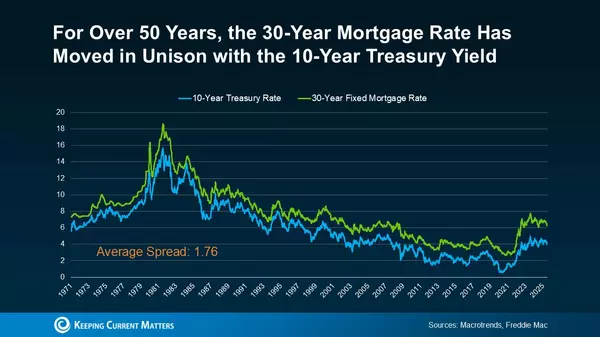
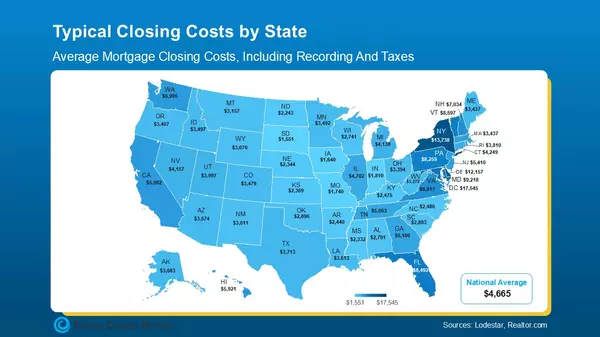
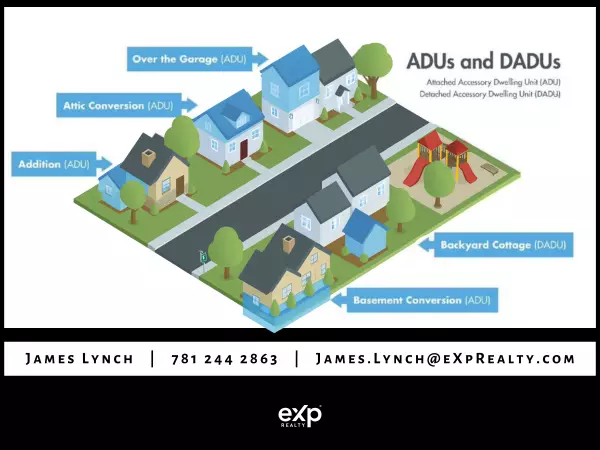



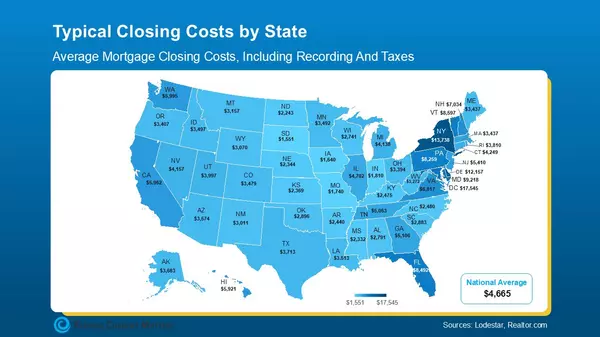
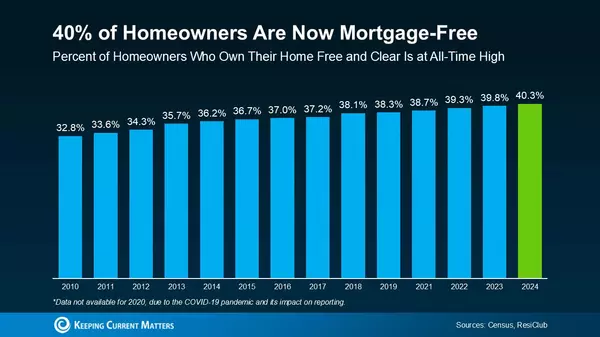
GET MORE INFORMATION


